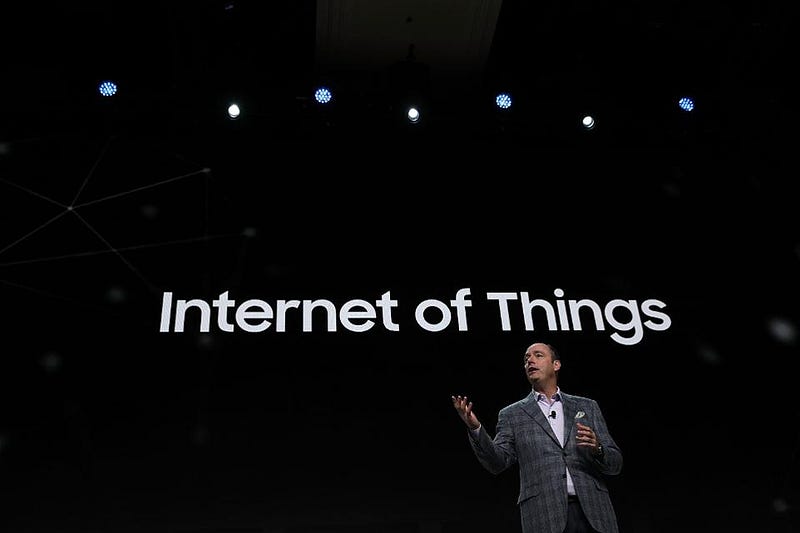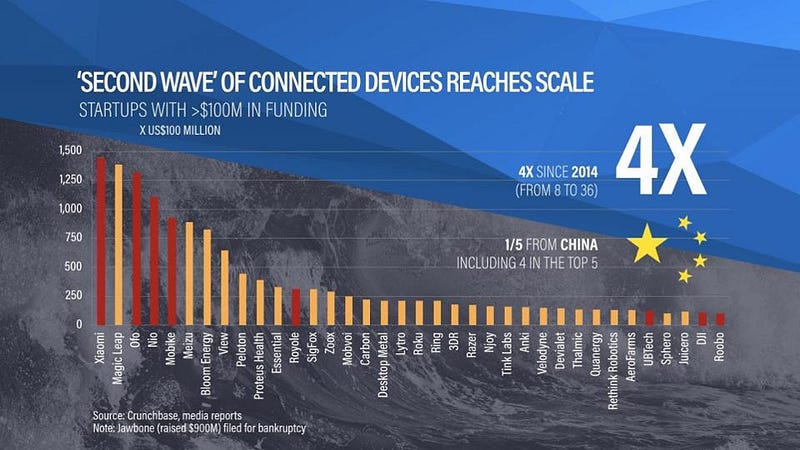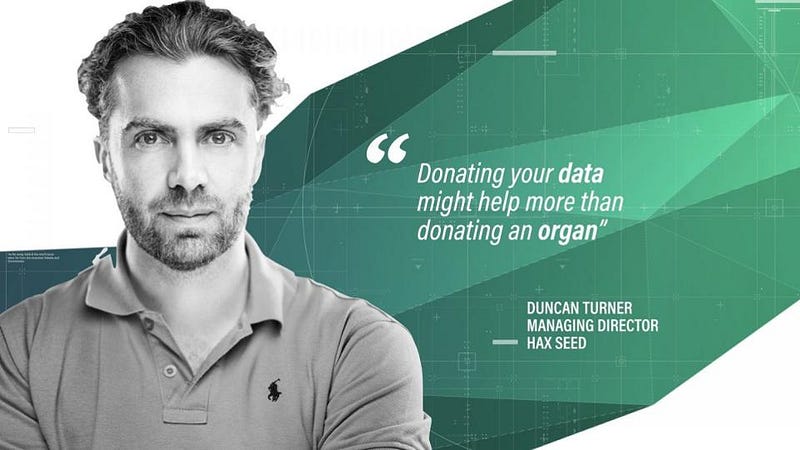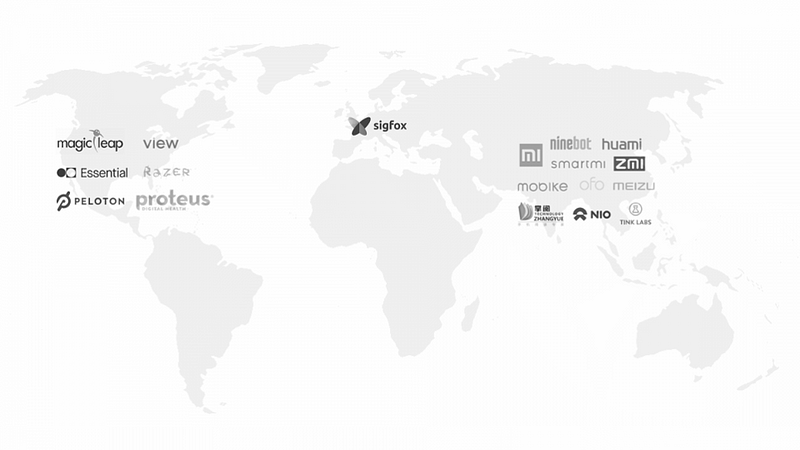› Forums › Startups › News (Startup) › Six Key Internet of Things (IoT) Trends to Watch for in 2018
- This topic has 0 replies, 1 voice, and was last updated 6 years, 5 months ago by
Krishna.
-
AuthorPosts
-
-
October 28, 2017 at 7:51 am #18624
Almost 250 years after James Watt filed his first patent in 1769, we have reached a turning point in this new industrial revolution, as ecosystem evolutions enable a new wave of innovative products to come to life. Based on analysis of over 200 hardware startups, the HAX Hardware Trends Report has identified six key ways the world of connected devices has evolved and will impact our lives in the coming years.
General Trends
If Internet was a revolution, it was only the beginning: the physical world is being re-invented and every industry is being affected, from construction to insurance. Investment is booming with 36 startups having raised over US$100M (there were only 8 of them three years ago) and there are 18 unicorns (private companies with a valuation above US$1B), representing close to 10% of the global blessing.
Connected Devices Startups Are Raising More Funding Than Ever
A.I. is everywhere — machine learning, big data, you name it — it can be found in consumer products, health tech devices, service and industrial robots, and various enterprise solutions.
Insurances like data, and to prevent damage. Cases of insurance teaming up with IoT startups are multiplying. Insurance might help IoT spread, and IoT might also become an effective trojan horse for insurance.
Consumer Devices Are Being Reinvented
Data is the new electricity.
As markets are growing and segmenting, many products are being reinvented with deep tech and big data to avoid commoditization. New products are getting specialized, personalized and intelligent, adapting to our unique characteristics.
The smart home is still made up mostly of standalone products, but voice services like Amazon Alexa, Google Home, Apple Siri and Microsoft Cortana are making inroads. They might provide the long-awaited platform that will make the whole ecosystem of devices more usable.
Last, crowdfunding remains a solid channel to launch new products, and most creators of high-profile projects ship.
Health Tech Is Expanding From Tracking To Prevention And Healing
Data the new blood.
Digital therapies are starting to complement and even compete with pharmaceuticals. New devices address a variety of physical and mental conditions, from insomnia to depression, fertility and back pain. Health care might evolve from reactive “sick care” to “P4 Medicine”: predictive, preventive, personalized and participatory.
Will this usher the era of “Generation Health”, as Alex Gorsky, CEO of Johnson & Johnson suggested? Indeed, health data and devices will become critical to our health: “Donating your data might help more than donating an organ”, said Duncan Turner, Managing Director at HAX.
Data Is The New Blood
Enterprise And Industry Might Adopt IoT Faster Than Consumers
Data the new oil.
Enterprises from mining to utilities, logistics, agriculture, retail and logistics are obsessed with data. Optimizing processes, tracking physical assets, predicting maintenance, managing resources all impact the bottom line. Robots are sometimes put to work — autonomous trucks at RioTinto, an Australian mining giant, have already driven over 4 million kilometers, while service robots are entering hotels, supermarkets, and expanding to ground deliveries. In agriculture, advanced sensors help to optimize the use of water and fertilizer, avoid spoilage of crops and improve the selective breeding of animals.
On the industry side, China has become the world’s largest buyer of factory robots and outpacing everyone by a notable margin — more than the U.S. and Japan combined! It is also working at supplanting Japan, who currently dominate robot production, via the development of local robots, and acquisitions such as those of Kuka from Germany or Paslin from the U.S.
China Innovates For China First, And A Few Global Players Emerge
With eleven connected device companies valued over US$1B, China is the world leader in hardware unicorns, representing two thirds of the world’s total. Hardware can be high tech, like advanced drones by DJI, or fairly low tech like the rental bikes by Mobike and Ofo. Software is the key competitive advantage and China is second only to U.S. in A.I. reasearch.
In addition, the advantage of Shenzhen’s best-in-class electronics supply chain allows for aggressive time-to-market, product iterations, and prices.
China Has More Hardware Unicorns Than Any Other Nation
Financing Options Have Broadened For Hardware Startups
In addition to venture capital, hardware startups are increasingly turning to early IPOs as micro-caps (under US$500M market cap), reverse mergers for faster listing, and the newly unveiled Regulation A+ from the U.S. JOBS Actallowing”mini-IPO” up to $50M from the public. It can now lead to a simultaneous listing on NYSE or NASDAQ.
Financing Options For Hardware Multiply
It’s an exciting time!
Courtesy – Benjamin Joffe, General Partner, HAX
-
-
AuthorPosts
- You must be logged in to reply to this topic.





